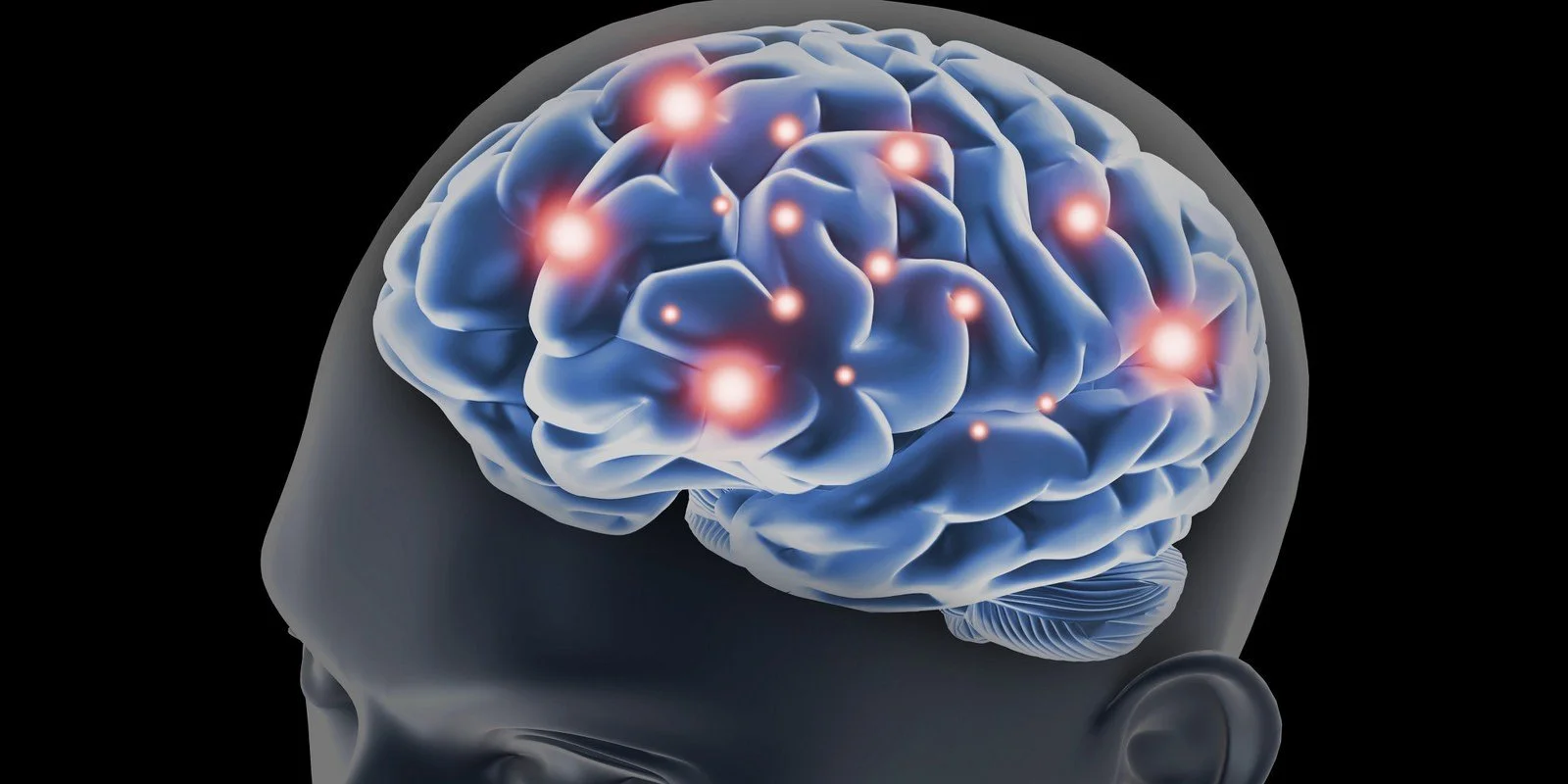What is Ketamine?
Ketamine is a safe psychedelic that has been commonly used in the medical field for use in anesthetics. When using ketamine along with therapy, you will receive a medical evaluation by your doctor or psychiatrist who will prescribe the ketamine for you to take under the supervision of your therapist.
The science.
Ketamine produces a rapid surge of brain growth (synaptic plasticity) which promotes the growth of new connections in the prefrontal cortex and hippocampus, the mood-regulating areas.
The benefits.
Ketamine causes growth within the neural networks in the brain, therefore “rewiring the brain”. The rapid synaptic growth and remodeling allows for ketamine to reduce depressive symptoms within hours. This increase in “neuroplasticity”, also allows the brain to cultivate and learn new skills and integrate insights from ketamine experiences. This provides an opportunity for clients to learn and establish new patterns, habits and ways of viewing the world. Studies have shown a decrease in symptoms related to depression, anxiety, trauma and more. Other benefits include increased reward response, openness and freedom of thought, increased connection to emotions and restoration of values, meaning and sense of self. The dissociative state is believed to help disrupt rigid negative thought patterns we may find ourselves “stuck” in.
How does it work with therapy?
Ketamine-assisted psychotherapy (KAP) combines the use of Ketamine and psychotherapy to enhance and facilitate positive outcomes while in a safe, trusting environment. The therapist helps prepare the client and helps guide the client through the experience; and subsequently applies therapeutic techniques to help the client integrate new insights and knowledge.
